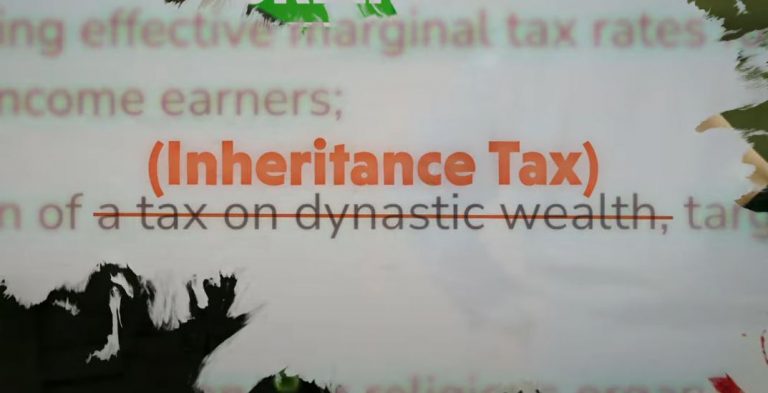
ADVANCE – Inheritance Tax TVC
When you are changing generations, why is it fair to tax the kids?

When you are changing generations, why is it fair to tax the kids?

Anthony Albanese admits there is an international crisis in nearby Asia and the South China Sea. But he then shuts his eyes.

“Ideological zeal is making us sacrifice prosperity and livelihood for fractional changes in CO2 in atmosphere…

Delivered on the eve of ANZAC Day at the Sydney Opera House, this heartfelt address by Gina Rinehart AO reflects on the bravery of past and present service members, honours the legacy of the ANZACs, and calls for renewed national commitment to veterans and Australia’s defence.
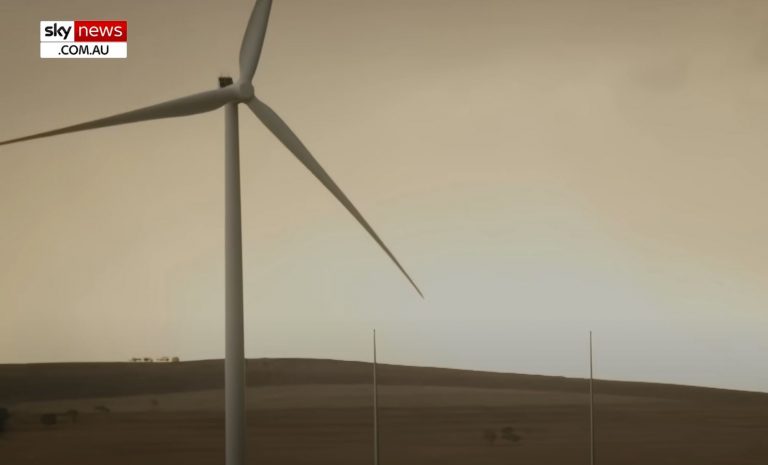
Sky News Australia reveals the true cost of Australia’s race to renewable energy in an exclusive investigation by political contributor Chris Uhlmann.

In a must-read article this week, former Liberal party senator and senior advisor to John Howard, Michael Baume, identifies for the Dutton opposition a winning issue.

Australia should learn from the example five world leaders have set in reforming their countries by putting a pink bulldozer through wasteful governments and defying woke ideology.
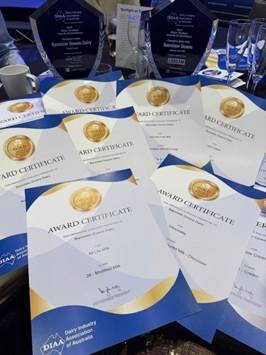
The results of the 2025 Dairy Industry Association of Australia (DIAA) (WA) Dairy Awards were announced on Friday evening, and it was a night of accolades for Bannister Downs Dairy.
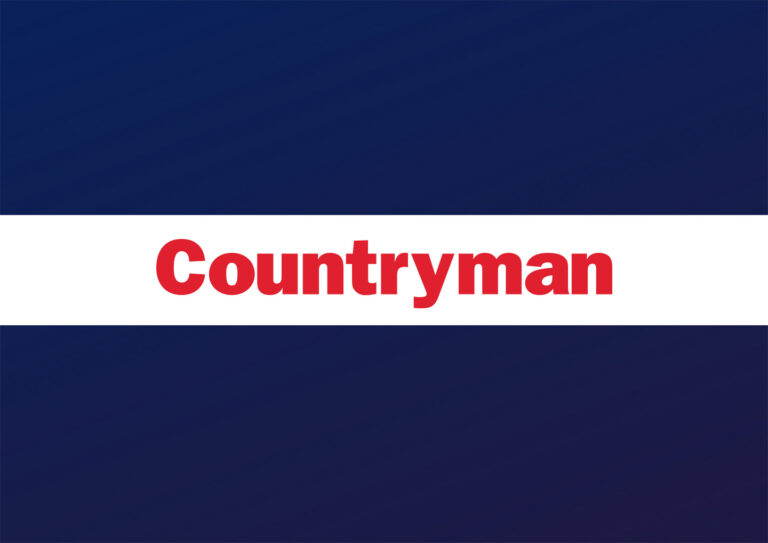
As WA sheep farmers shape up for the fight of their lives to defend the live sheep export trade, pastoralists across the Kimberley, Northern Territory and Queensland are heading back to the Federal Court to try resolve a long-running dispute.
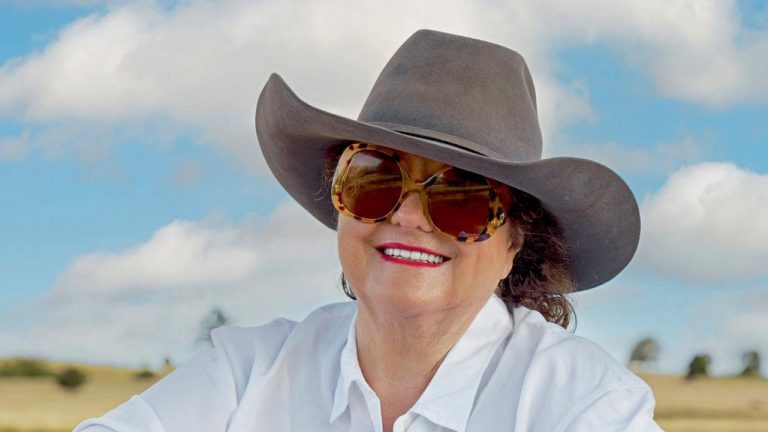
Mining billionaire Gina Rinehart says payroll tax and licence fees should be scrapped to protect small businesses and farmers, as trade tensions rise under President Donald Trump.

Australia’s richest person Gina Rinehart says Donald Trump’s tariff agenda should prompt Australian governments to cut taxes for Australian farmers and small businesses.

